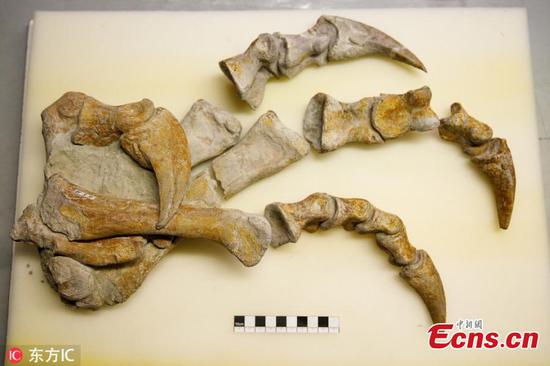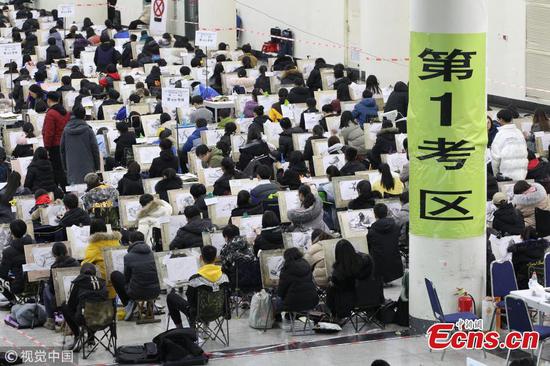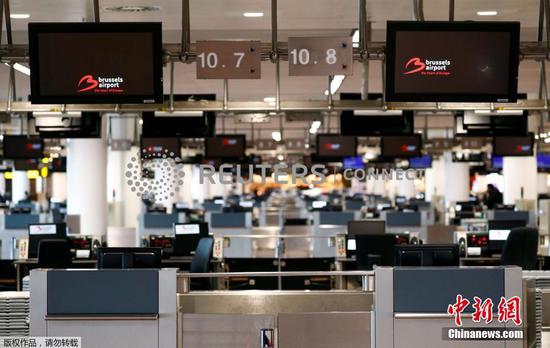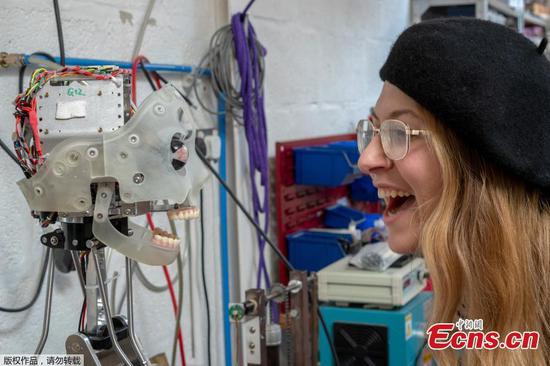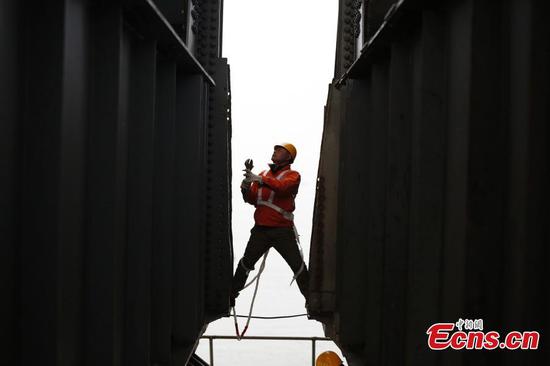China said it will increase direct funding support for private firms and reduce finance costs to a reasonable and stable level while guaranteeing the private sector can enjoy improved financial services.
The effort is aimed at alleviating rising finances among businesses within the private sector at the micro-level and smaller to ease economic burdens, according to the State Council, China's cabinet, on Thursday.
Recent policy measures have already shown positive results, yet there are firms who continue to struggle with funding issues as finance expenses continue to grow, the cabinet said.
Banks, insurers and stock exchanges are required to support private firm financing with stock and convertible bond issuance along with science and innovation board registration.
IPO approval and refinancing activities will be accelerated, while expanding the scope of convertible bond issuance will be reviewed, the cabinet said.
Cabinet officials also said that China's differentiated credit support should be implemented.
Financial institutions will be encouraged to provide credit for private firms and improve the effectiveness of the central bank's targeted reserve requirement ratio (RRR) cuts so banks can provide better assistance.
Tian Yun, vice president of the Beijing Economic Operation Association, told the Global Times on Thursday that this year is crucial for implementing the government's supportive measures for Chinese private firms, which is expected to boost confidence.
The strengthened support measures as set forth in the new guidelines are in spirit with the annual Central Economic Work Conference, held in Beijing in December, Tian noted.
"On the other hand, it is the high time for the country to resolve the problem of difficult and expensive financing for such firms," said Tian. "This is not a new problem but has become more prudent last year amid the uncertainties caused by the China-US trade frictions and domestic economy's downward pressure," Tian said.
Private enterprises directly impact employment stabilization and contribute to the nation's innovation sectors while supporting the overall economy. The nation's leadership has sent rounds of support messages to the country's private businesses and entrepreneurs over the past year.
Chinese President Xi Jinping said last September that China will unswervingly support the development of the country's private sector and will continue to strengthen the public sector amid concerns over the development of the domestic private enterprise sector.
Xi pointed out many of the country's reform efforts have been aimed at further developing the private economy and urged private companies to have confidence.
The private sector provides over 80 percent of China's urban employment and accounts for over 70 percent of technological innovation, 60 percent of the GDP and 50 percent of taxes, according to All-China Federation of Industry and Commerce.
"If the slew of supportive policies can be executed and thus benefit the private firms in real terms, then they will obviously bolster the country's economic development," said Tian.
China has pushed for increased tax cuts for domestic private firms, along with this latest round of financial support guidelines.
In January, China announced new tax cuts for small and micro-businesses, with the goal of saving them a total of 200 billion yuan ($29.46 billion) annually through 2022.














